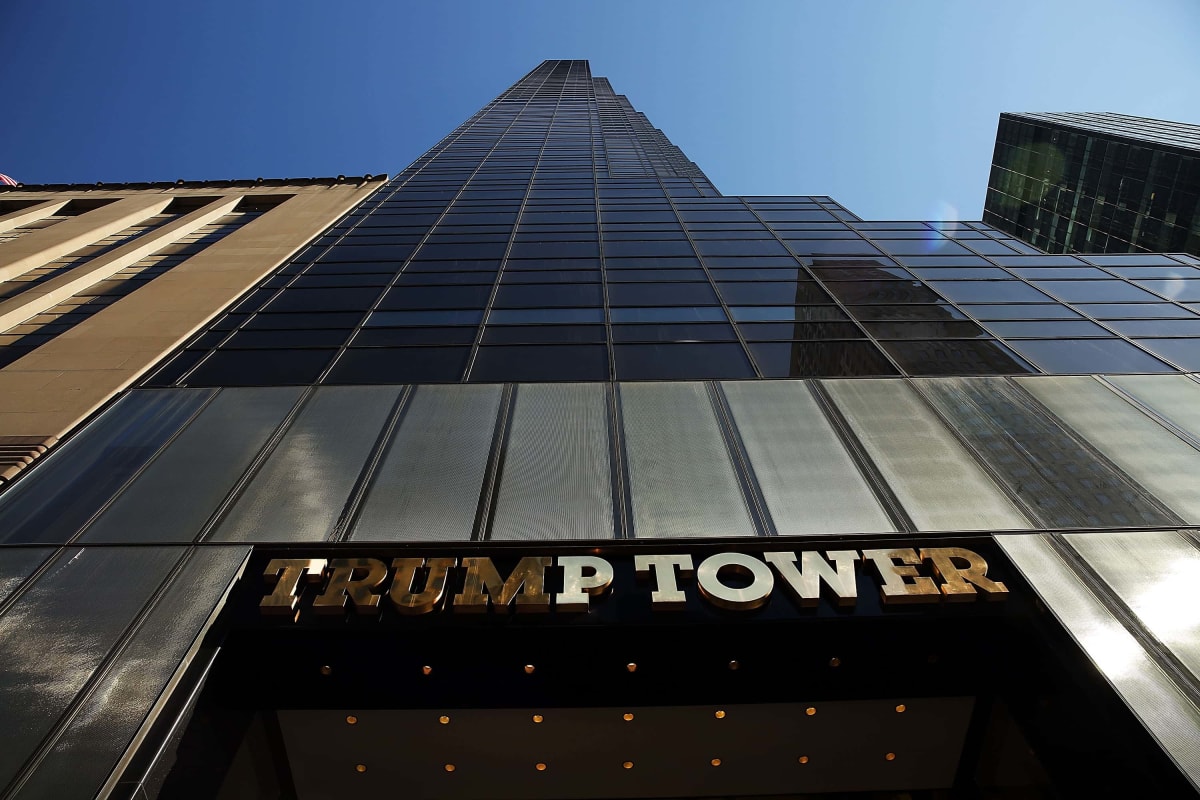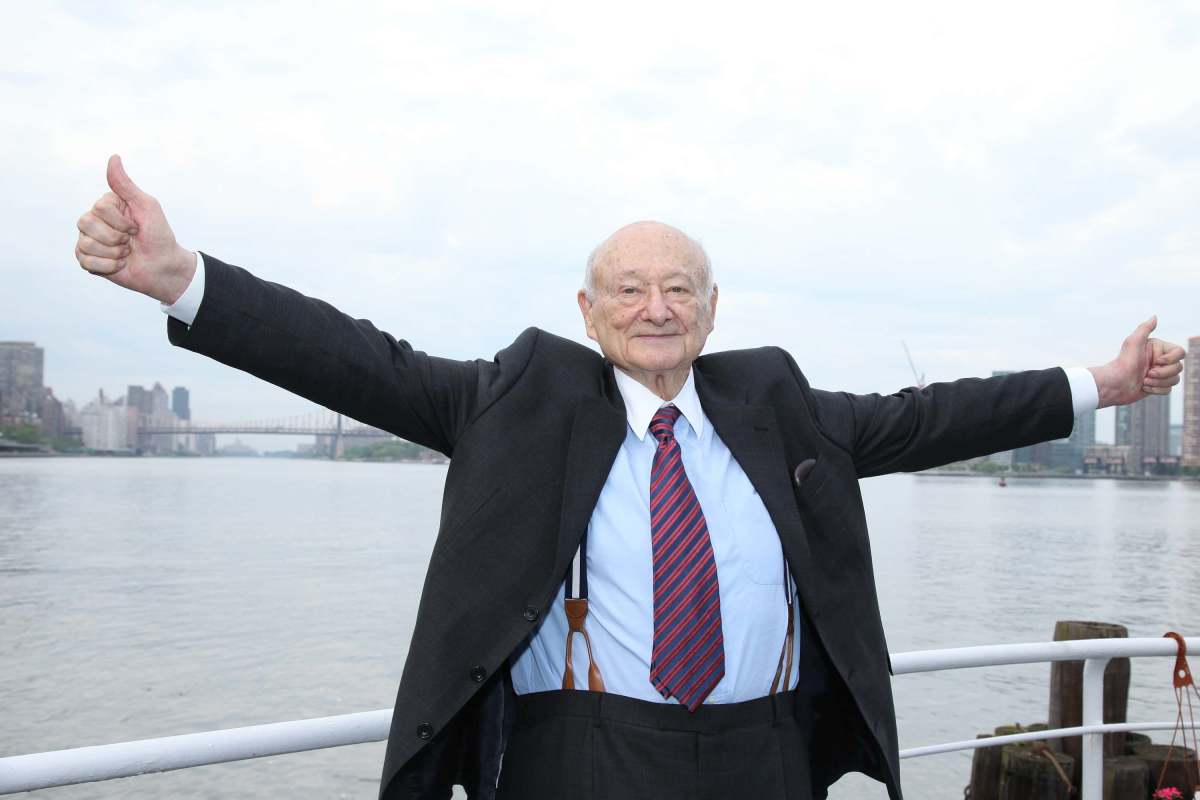'Empires Of New York': Why did Trump sue New York City after feud with Mayor Ed Koch in the 1980s?

At the end of his 4-year-long presidency, it is pretty safe to say that Donald Trump, who is on his way out of the White House, was never good at accepting his defeat, especially if it was something he had put in even the tiniest effort in achieving, the latest exhibit being his denial of the 2020 election and his refusal to concede to President-elect Joe Biden. But as a new docu-series showed, the trait was ingrained in him ages ago and made headlines in the 1980s when he was a second-tier developer in a city crawling with ambitious builders.
In his attempt to make a name for himself as a Manhattan real-estate giant, Trump effectively used his pull with the city politicians to get ahead in the game. In return, the politicians got big, fat donations for their campaigns. However, after enjoying quite a fruitful relationship with most of the city politicians during the late 1970s, he encountered a roadblock in the form of Edward Koch, a populist who was the mayor of New York City from 1978 to 1989. The first episode of CNBC's 'Empires of New York' which premieres on Sunday, November 29 at 8 PM ET/PT takes a look at Trump's long-standing feud with Koch, which among other things included the matter of some of his midtown properties made available for a property tax abatement. Koch resisted, arguing that the abatement was to encourage the building of affordable housing in the outer boroughs.
One of the buildings in question was the now-famous Trump Tower which stands on Manhattan's Fifth Avenue. "Pretty early on, Donald discovered that the best way to operate is with other people's money. So he had his hand out to the city for a tax break that was designed to stimulate low-income housing. He felt that he qualified for that even though Trump Tower was for the elite of New York," Charles Bagli, a former reporter at the New York Times said in the docu-series.

Although Trump had contributed a substantial sum to Koch's mayoral campaign and as a result expected the mayor to grant him favors. "He felt that he could just walk in the door at city hall and get what he wanted," George Arzt, the former press secretary for Koch said. "He found that under Koch it was never true."
Koch was pushing back pretty hard on Trump getting a tax break for Trump Tower - when Trump applied for it, he was rejected. As a result, Trump sued New York City. Andrew Kirtzman, author of 'Rudy Giuliani: Emperor of the City' said that "You had these two titanic egos in Donald Trump and Ed Koch. What was most interesting was watching them clash with one another." In the end, however, Trump won his tax abatement to the tune of $20 million for a period of next ten years.

Other feuds included the businessman's attempts to build a huge complex, called Television City, on the city’s West Side. After they disagreed on the plans, Trump called the mayor “a moron” and added, “Koch has achieved something quite miraculous. He’s presided over an administration that is both pervasively corrupt and totally incompetent.” Koch responded by calling Trump, "Greedy, greedy, greedy," adding, "Trump obviously considered himself to be my friend at one time, and because of that, or because he gave or raised $70,000 for one of my mayoral campaigns, he expected something in return. He never got it. And he thought that was disloyal.”
The Democrat city leader died in December 2013, aged 88. In an archive of his previously unpublished documents, unearthed by his family, Koch wrote, "Donald Trump is one of the least likable people I have met during the 12 years that I served as mayor,” Mr. Koch wrote in one essay. “It is incomprehensible to me that for some people he has become a folk hero." In another, he endorsed a New York official’s assessment that he “wouldn’t believe Donald Trump if his tongue were notarized”. The documents dated from around 1990, shortly after Koch failed in his bid to secure a fourth term as mayor.










